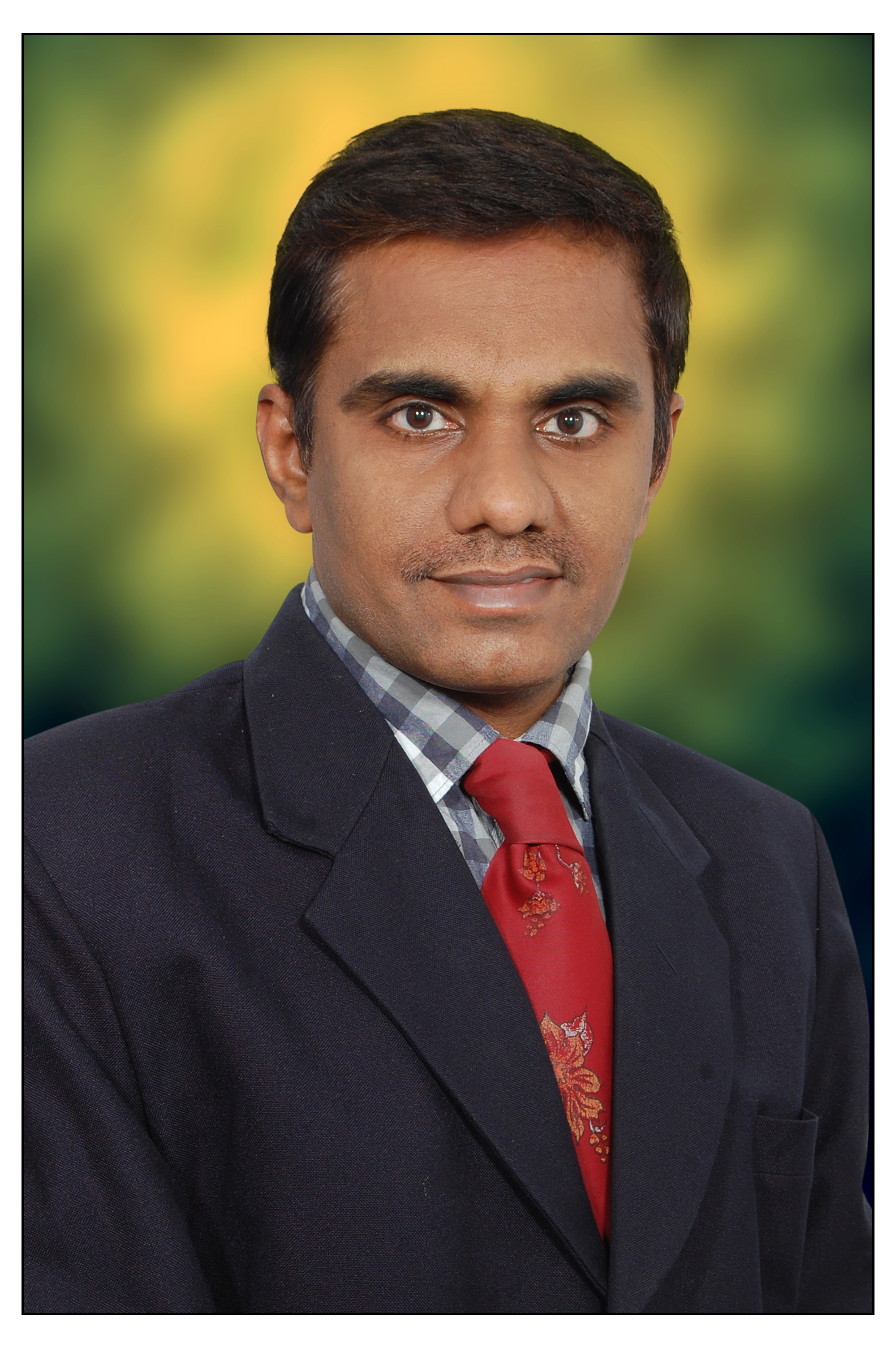
Subcribe and Access : 3000+ FREE Videos and 21+ Subjects Like CRT, SoftSkills, JAVA, Hadoop, Microsoft .NET, Testing Tools etc..
Batch
Date: Aug 23rd @ 10AM
Faculty: Mr. Krishna Reddy
Duration:
30 days
Fee: 600/-INR + Reg Fee 100/-INR
Location
: Maitrivanam, Hyderabad.
Venue :
DURGA
SOFTWARE SOLUTIONS at Maitrivanam
Plot No : 202,
IInd Floor ,
HUDA Maitrivanam,
Ameerpet, Hyderabad-500038.
Ph.No : 09246212143
Syllabus:
PL-SQL
• Introduction to programming
languages
• Introduction to PL/SQL
• PL/SQL Architecture
• PL/SQL Data types
• Variable and constants
• Using built_in functions
• Conditional and unconditional statements
- Simple IF,ELSIF, ELSE…IF
- Selection case, simple case, GOTO
label and EXIT
• Iterations in PL/SQL
- Simple LOOP,WHILE LOOP,FOR LOOP and NESTED LOOPS
• SQL within PL/SQL
• Composite data types (complete)
• Cursor management in PL/SQL
- Implicit cursors
- Explicit cursors
- Cursor attributes
- Cursor with parameters
- Cursors with LOOPs
- Cursors with sub queries
- Ref.cursors
• Record and PL/SQL Table types
Advanced PL/SQL
Procedures in PL/SQL:
• STORED PROCEDURES
• PROCEDURE with prameters (IN,OUT and IN OUT)
• POSITIONAL Notation and NAMED Notation
• Procedure with cursors
• Dropping a procedure
Functions in PL/SQL
• Difference between procedures
and functions
• User defined functions
• Nested functions
• Using stored function in SQL statements
Packages in PL/SQL:
• Creating PACKAGE specification
and PACKAGE body
• Private and public objects in PACKAGE
EXCEPTIONS in PL/SQL:
Types of exceptions:
• User defined exceptions
• Pre defined exceptions
• RAISE_APPLICATION_ERROR
• PRAGMA_AUTONOMOUS_TRANSACTION
• SQL Error code values
Data base triggers in PL/SQL:
Types of triggers
• Row level triggers
• Statement level triggers
• DDL Triggers
• Trigger auditing
File input/output:
• PL/SQL file I/O (input/output)
using UTL_FILE package
Implementing object technology
• What is object technology?
• OOPS-object instances
• Creation of objects
• Creating user defined data types
• Creating object tables
• Inserting rown in a table using objects
• Retrieving data from object based tables
• Calling a method
• Indexing abstract data type attributes
Using LOBS
• Large objects (LOBS)
• Creting tables-LOB
• Working with LOB values
• Inserting, updating & Deleting values in LOBs
• Populating lobis DBMS_LOB routines
• Using B-FILE
Using collections
• Advantages of collection
• Ref cursor (dynamic cursor)
• Weak ref cursor
• Strong ref cursor
• Nested tables VARRAYS or VARYING arrays
• Creating tables using nested tables
• Inserting, updating & deleting nested table records
• Nested table in PL/SQL
Oracle data base architecture
• Introduction to oracle database
architecture
• Physical structures logical structures
• DB Memory structures background process
• 2tire, 3tire, N-tier architecture
Advanced features
• 9i joines
• New date function
• Rename column
• Inner join/natural join
• Left outer join/right outer join
• Full outer join
• Multiple inserts
• Insert all command
• Merge statement
• NVL2(), NULLIF(), COALESCE()
• CASE expression of select command
• Temporary tables/global tables
• New function EXTRACT()
• Autonomous traction
• Pragma_autonomous_transaction()
• Returning into clause
• Bulk collect
• About flash back queries
• Dynamic SQL
• New 11g features
DBA CONCEPTS
• Data base
• Table space
• Types of tablespaces
• Datafiles/se
